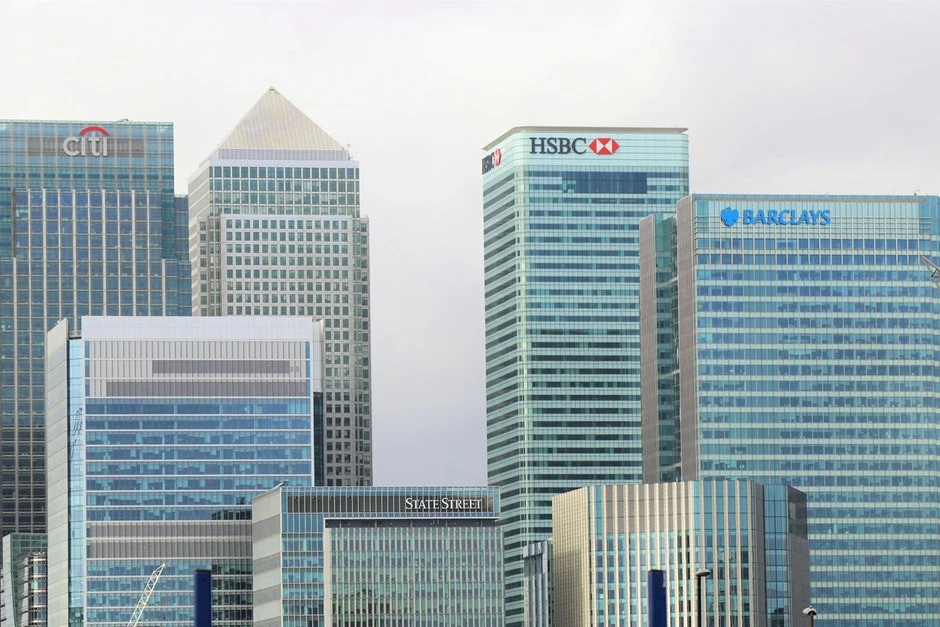
Partner Article
Banks must strengthen their commitment to fight cyber-crime by placing confidence in new forms of security including AI and machine learning
According to the Financial Conduct Authority (FCA), financial services firms and banks in the UK are not reporting successful cyber-attacks. Megan Butler, Director of the FCA, warned that banks are still not admitting the full scale of cyber-attacks carried out every day. In response to this news, cybersecurity expert Simon Bain from BOHH Labs, challenges regulators and banks to adopt innovative technology such as artificial intelligence and machine learning in order to minimize the threat of cyber-crime. Earlier this year, Nick Cook, the FCA’s head of data and information operations, said that the regulator was “still learning” how to support the adoption of automated, digitised compliance. The FCA reports that the number of successful cyber-attacks has risen from 5 to 49 annually between 2014 and 2017. Bain believes that placing confidence into newer forms of security will benefit banks greatly: “Machine learning uses a compound set of algorithms to detect patterns and predict outcomes from a large amount of data online. As such, the self-learning capabilities and ability to recognise patterns and anomalies within them, makes AI and machine learning a great tool to detect cybersecurity threats.” Bains’ words ring true with Rob Grupperra, the FCA’s head of financial crime, who said that firms are trying to replace humans with AI to detect money laundering, as stated on the FCA’s website. Grupperra mentioned the positive effect such advanced technology would have on firms if they were to replace human monitoring with AI. “We are chiefly concerned about whether these systems are effective and spot the needles in the haystack,” Grupperra said at an FCA fintech event. “Any bank hoping for a black box in the corner that will sniff out the launderers will be disappointed, but the technology has the capability to better achieve what we all want: keeping finance clean.”
Bain continued: “Increasing the use of AI can greatly minimise the risk of human error in security. As banks and regulators become more accustomed to the fact that AI is capable of handling complex tasks, we will see an increased use in them for security purposes. A wide acceptance of AI in security would relieve some of the tension between banks and the general public, and trust would begin to develop again.”
Additionally, improving bank security requires industry collaboration. As more banks rely on detection solutions, it will be important for them to share the insights they learn during the nearly constant stream of hacks they face daily.
Take virus protection – everyone shares that information publicly and within a few hours the virus is dead. Most banks do not want to disclose to the public incidents of breaches for fear of damage to their reputation and customer loyalty, but without open communication banks are not making progress when it comes to security analysis and preventing future hacks.
While some banks have started to unite behind closed doors, the financial industry needs to create a knowledge-sharing standard. The reality is that most hackers collaborate, so banks should too.
This was posted in Bdaily's Members' News section by BOHH Labs .








 Navigating the messy middle of business growth
Navigating the messy middle of business growth
 We must make it easier to hire young people
We must make it easier to hire young people
 Why community-based care is key to NHS' future
Why community-based care is key to NHS' future
 Culture, confidence and creativity in the North East
Culture, confidence and creativity in the North East
 Putting in the groundwork to boost skills
Putting in the groundwork to boost skills
 £100,000 milestone drives forward STEM work
£100,000 milestone drives forward STEM work
 Restoring confidence for the economic road ahead
Restoring confidence for the economic road ahead
 Ready to scale? Buy-and-build offers opportunity
Ready to scale? Buy-and-build offers opportunity
 When will our regional economy grow?
When will our regional economy grow?
 Creating a thriving North East construction sector
Creating a thriving North East construction sector
 Why investors are still backing the North East
Why investors are still backing the North East
 Time to stop risking Britain’s family businesses
Time to stop risking Britain’s family businesses